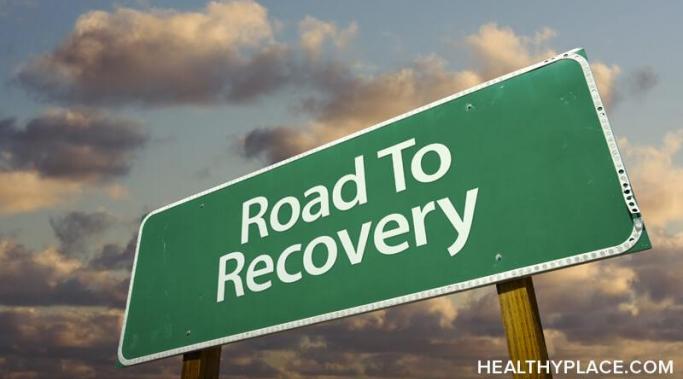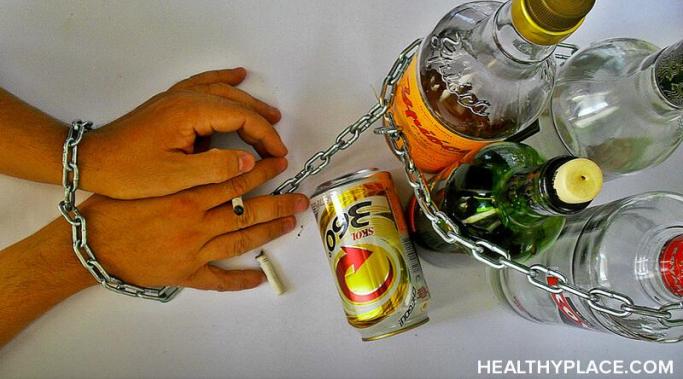Blogs
What if numbing out pain with food is an unhealthy solution, not an addiction? What if I told you that you weren’t addicted to food? What if I told you that you didn’t have a problem with food at all? What if I told you that the problem was the discomfort beneath your skin, that urge to squirm and itch and run. The discomfort under your skin is what you’ve been trying to numb out. The food is just the solution you’ve come up with.
When I look back on my bipolar breakdown in college, I always ask myself: "Could I have prevented it?"
Prescription pain medication addiction can happen more quickly than you can imagine. Here is my story of being addicted to pain medication.
Celebrity suicides hit us harder than we think they do. Around 9:00 p.m. on July 20th, I logged onto Facebook and saw status updates about celebrity suicide with the words “Linkin Park”, “suicide”, and “RIP, Chester.” Suddenly, my body froze. The dark lyrics from Linkin Park’s most popular songs flooded my head. Celebrity suicides affect us more than you might think.
I’m Megan Rahm and I’m a new co-author for the blog Recovering from Mental Illness. I live in Toledo, Ohio with my husband and 14-month-old daughter. I have struggled with mental health symptoms most of my life, and in my early 20s I was diagnosed with bulimia and schizoaffective disorder.
My name is Misti Kuykendall and I’m a new author on Debunking Addiction. I am a recovered alcoholic and methamphetamine (meth) addict. At the early age of 13, I was diagnosed with bipolar disorder. For more than a decade, I used alcohol to ease my symptoms of mania and meth to ease depressive symptoms.
People’s notions of what someone with a mental illness looks like includes ideas of how they think a person with mental illness should behave. The idea that you can tell someone with a mental illness by looking at them comes from both misunderstanding and stigma. But, as more and more people discuss realities like high-functioning mental illness and so forth, people are beginning to broaden their understanding. However, we need to delve deeper into the idea that someone can look like they have a mental illness. The fact is, mental illness looks different in everyone, and I don’t mean simply from one illness to another, but within the same illness.
When someone who has posttraumatic stress disorder (PTSD) tells you about the illness, she also entrusts you with an important piece of her life. For most people, having PTSD is not something that pops up in casual conversation. Even for someone who has PTSD who is ready to talk about their experience fears the possible unsupportive response. I'm convinced that in most situations, people simply don't know how to react to PTSD disclosures, and are reluctant to ask. Here is what I'd like everyone to about talking with someone who has PTSD.
Siblings of a child with mental illness don't have it easy. Managing children is a balancing act. Throw in mental illness, and that balance disappears. Sadly, this doesn't usually favor the child without the mental illness. I have many fears for my younger daughter who often lives in the shadow of her brother's behavior disorder. I'm betting many parents like me have the same fears for the siblings of a child with mental illness.









